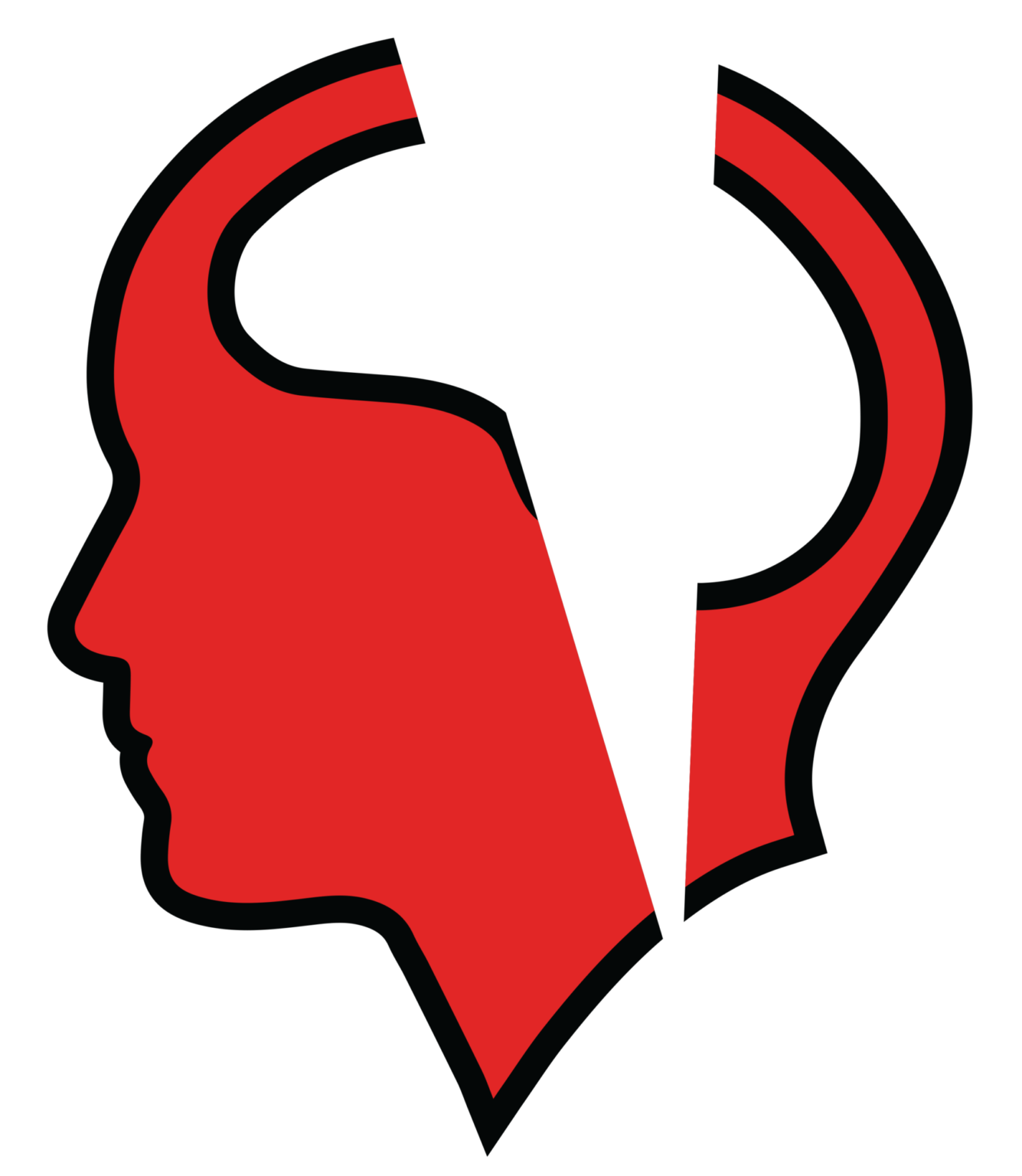Rafael Nadal’s Recent Performances: A Psychological Perspective with Insights from Dr. John DenBoer
Rafael Nadal’s recent outings have been a mixed bag of relentless determination and unexpected setbacks. Known for his unparalleled grit on the court, Nadal has continued to display his fighting spirit in tournaments. However, injuries and the natural challenges of aging have also played a role in shaping his recent performances.
Nadal’s ability to stay mentally strong and focused, even against younger and physically fresher opponents, is a hallmark of his career. His mental resilience can be attributed to a combination of rigorous mental training, an unyielding will to win, and an innate ability to bounce back from adversity.
Dr. John DenBoer, who specializes in sports psychology and mental edge coaching, offers valuable insights into how mental coaching strategies can be tailored for elite athletes like Nadal. According to Dr. DenBoer, “Athletes at Nadal’s level benefit immensely from neurocoaching, which focuses on developing mental skills that are as critical as physical prowess in high-stakes matches.”
- Focus and Concentration: Dr. DenBoer suggests that targeted neurocoaching helps in enhancing focus and the ability to concentrate under pressure, a trait that Nadal has mastered over the years.
- Stress and Recovery Management: Handling stress, both on and off the court, and effective recovery strategies are crucial for athletes. Dr. DenBoer emphasizes the importance of cognitive approaches that help manage physiological responses to stress.
- Adaptability Training: As athletes age, their physical capabilities may face natural declines. Neurocoaching assists in improving adaptability, allowing players like Nadal to adjust their strategies and maintain peak performance.
The integration of mental edge strategies into Nadal’s training regimen could be pivotal in extending his career and maintaining his competitiveness. Techniques that enhance mental agility contribute to better decision-making during critical points, a quality Nadal has consistently demonstrated.
Looking ahead, Rafael Nadal’s ability to compete at the highest levels will likely hinge on his physical health and his mental conditioning. With ongoing mental edge training, such as that advocated by Dr. John DenBoer, Nadal can continue to refine the psychological aspects of his game, potentially overcoming the challenges posed by injuries and age.
Rafael Nadal’s recent performances underscore the significance of mental strength in professional tennis. Insights from experts like Dr. John DenBoer reveal that the mental aspects of sports are just as crucial as the physical ones. As Nadal navigates the later stages of his career, his psychological resilience, shaped in part by advanced neurocoaching techniques, will be as critical as his physical training in determining his success on the tennis court.



